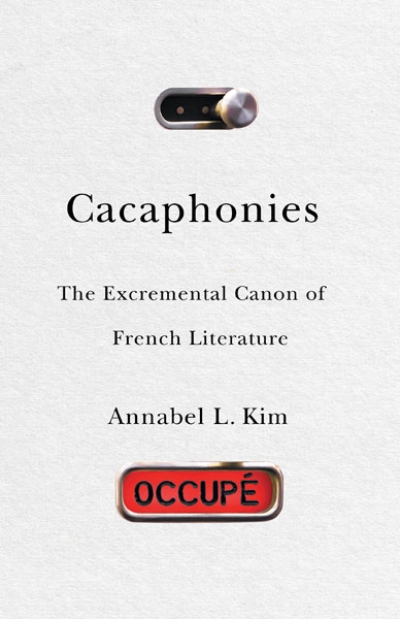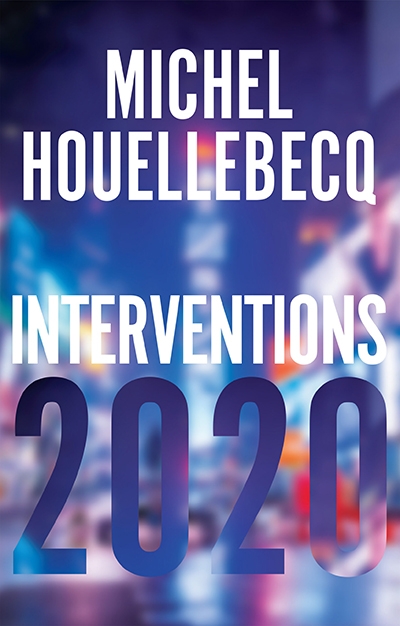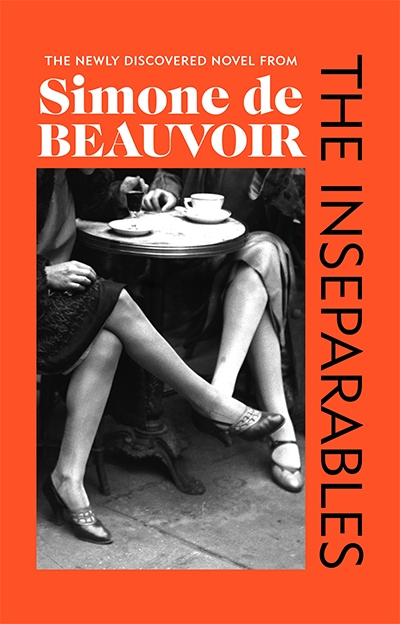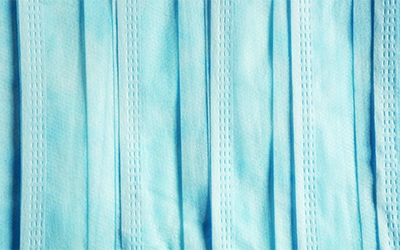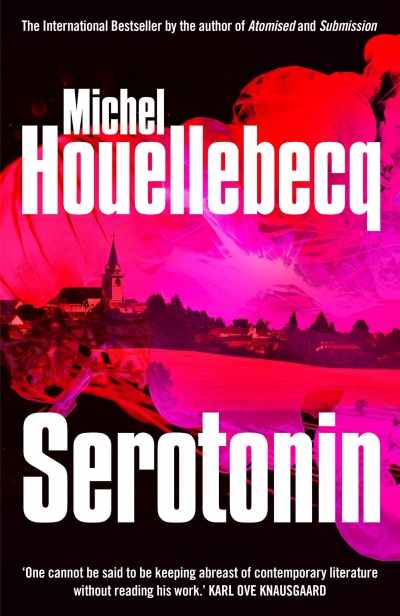David Jack

David Jack is a freelance writer and editor. He holds a PhD in Comparative Literature from Monash University.
Freud once argued that the pleasure of shit is the first thing we learn to renounce on the way to becoming civilised. For Freud, the true universalising substance was soap; for Annabel L. Kim it is shit; and French literature is ‘full of shit’, both literally and figuratively, from Rabelais’s ‘excremental masterpieces’ Pantagruel and Gargantua and the Marquis de Sade’s The 120 Days of ... (read more)
Michel Houellebecq has never been one to hide his light under a bushel. Since the publication of his second and best-known novel, Atomised, in 1998 (the same year some of the pieces included in Interventions 2020 were originally published in French), Houellebecq has established himself as the enfant terrible of French letters, primarily through his provocative and at times incendiary remarks. Inde ... (read more)
‘I loathe romans à clef as much as I loathe fictionalised biographies,’ wrote Simone de Beauvoir (1908–76). For this reason, the novel and the memoir were her preferred genres, even though the boundaries between the two were frequently blurred, a distinction that Beauvoir insisted must be maintained: fiction has ‘only very dubious connections with truth’. While Beauvoir was ad ... (read more)
In the allegory of the cave, Plato hypothesised the birth of the philosopher as one who emerged from the darkness of illusion into the light of truth. In the dark days of the Covid-19 pandemic, philosophers are finding a platform, mostly in the press, indicative perhaps that we need an interpretation of what is happening around us beyond that offered by the media and daily conferences. As with Pla ... (read more)
Serotonin is Michel Houellebecq’s eighth novel and appears four years after the scandalous and critically successful Submission (2015), a dystopian novel that depicts France under sharia law. In Serotonin, we are again presented with the standard Houellebecquian narrator: white, middle-aged, and middle class, seemingly in the throes of some mid-life crisis of a predominantly – but not exclusiv ... (read more)


